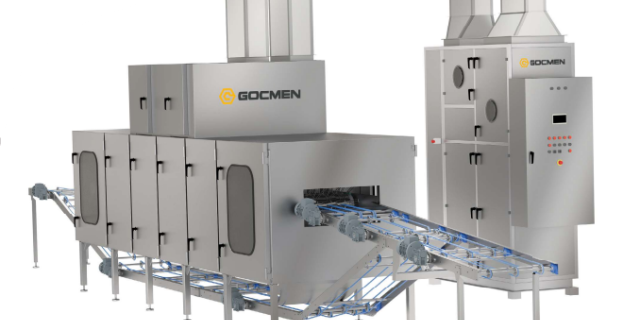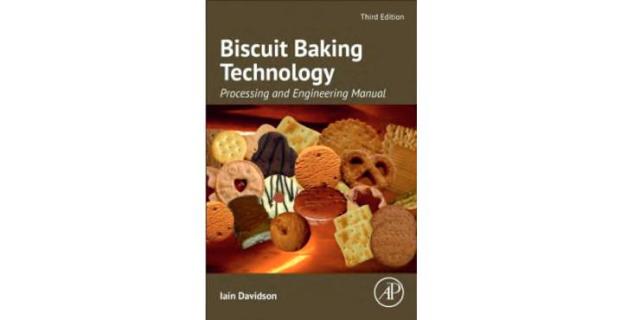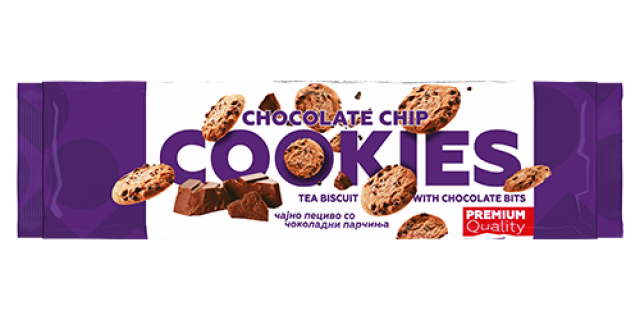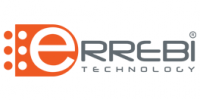
CAOBISCO aids bakers

Sir Archibald Boyd Tunnock and his Project Manager Stuart Loudon told us story about Tunnock company and how they, despite the competition, still work...
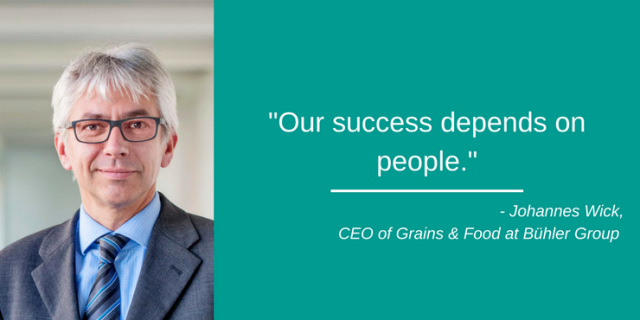
He joined Bühler in 2013 as managing director of global milling business and was appointed CEO of the entire Grains & Food early last year.
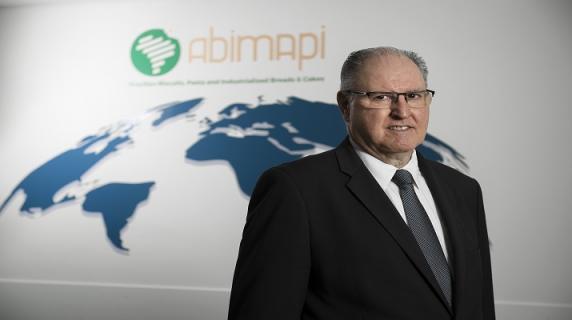
We bring you an interview with Claudio Zanão, CEO of ABIMAPI in which he opens up about ABIMAPI's goals for the future.

